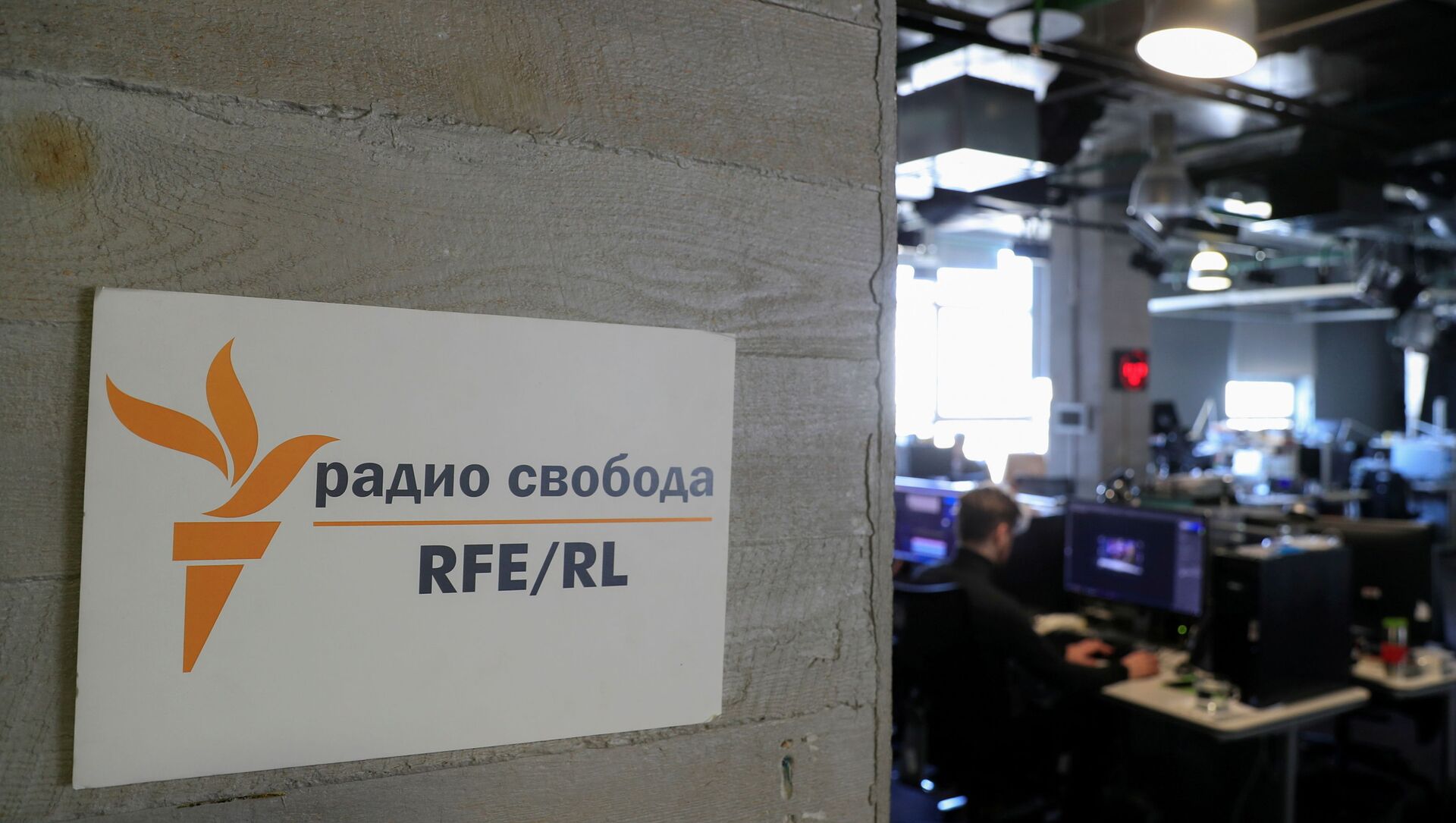"The US media [outlets] Voice of America and Radio Free Europe/Radio Liberty, included in the register of foreign agents, pointedly refuse to fully comply with Russian law. In particular, the Voice of America has failed to establish a Russian legal entity and Radio Liberty systematically fails to fulfill the requirement to properly label the materials that it posts", Roskomnadzor said in a statement.
The Voice of America and Radio Free Europe/Radio Liberty were included in the list of foreign agents in Russia in 2017. They are overseen by the US Agency for Global Media, fully funded by the US budget.
Social Media Fail to Delete Banned Materials
The watchdog further noted that Twitter was yet to remove 490 pieces of banned materials, although the "average time to meet the requirement to remove banned materials had lowered from 129 to eight days".
Roskomnadzor added that it had registered 11 cases of censorship of Russian media and information resources, including those affecting Russia Today, Sputnik, RIA Novosti, and the account of the COVID-19 vaccine Sputnik V.
On 10 March, Roskomnadzor started slowing down Twitter's traffic speed on all mobile devices and half of stationary devices following the online giant's failure to remove illegal content.
Before the Russian watchdog took the measures, some 3,000 banned materials were detected in the public domain on Twitter, causing Roskomnadzor to send more than 28,000 requests to Twitter for content removal since 2017.
The global platforms, Google and YouTube, have failed to remove more than 5,200 pieces of banned content in Russia since 2015, according to the Russian media watchdog Roskomnadzor.
"On average, it took 82 days to comply with the requirements to remove prohibited information ... Google has failed to remove up to 30% of malicious content from search results", Roskomnadzor's website says.
The watchdog also detected 29 instances of censorship of Russian media and information resources. Access was restricted to Alexander Rogatkin's documentary "Beslan". The documentaries "Rzhev. 500 days on fire" and "Crimea. The Way Home", as well as an interview with Russian virologist Dmitry Lvov on COVID-19 issues, videos with the Russian national anthem, and others were restricted. Furthermore, the services failed to localise the processing of personal data.
Roskomnadzor said it has filed eight protocols concerning these violations. The courts have so far reviewed three of them and imposed 6 million roubles ($84,000) in fines for failure to remove banned content. Another five lawsuits, worth 9.2 million roubles, have been filed since 2018 for insufficient filtering of search results.
Facebook and Instagram have additionally failed to remove over 3,700 illegal materials from their platforms since 2015. Some 26 cases of censorship of Russian media have been registered. The court considered 13 protocols on these violations, imposing a total fine of 43 million roubles for hosting banned content and 4 million roubles for failing to localise data processing.


